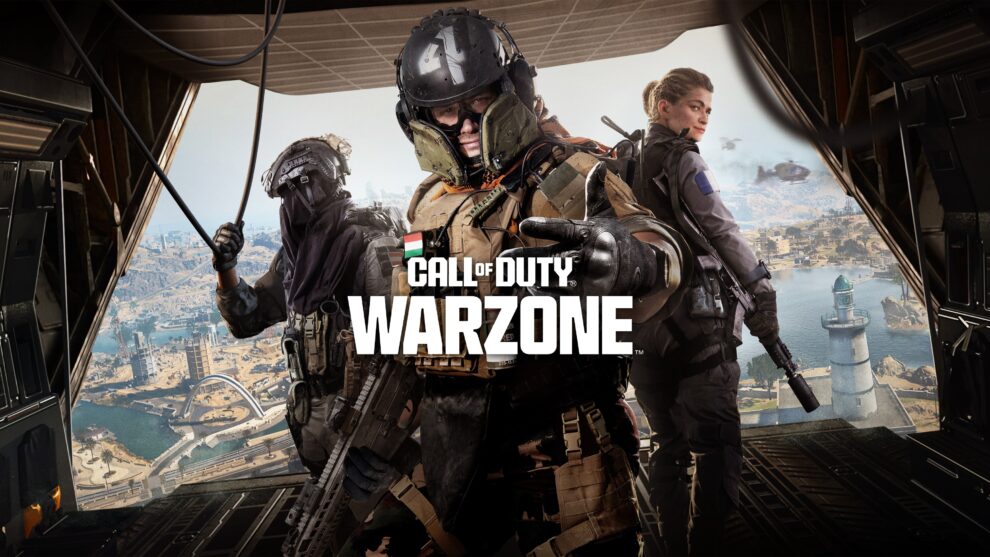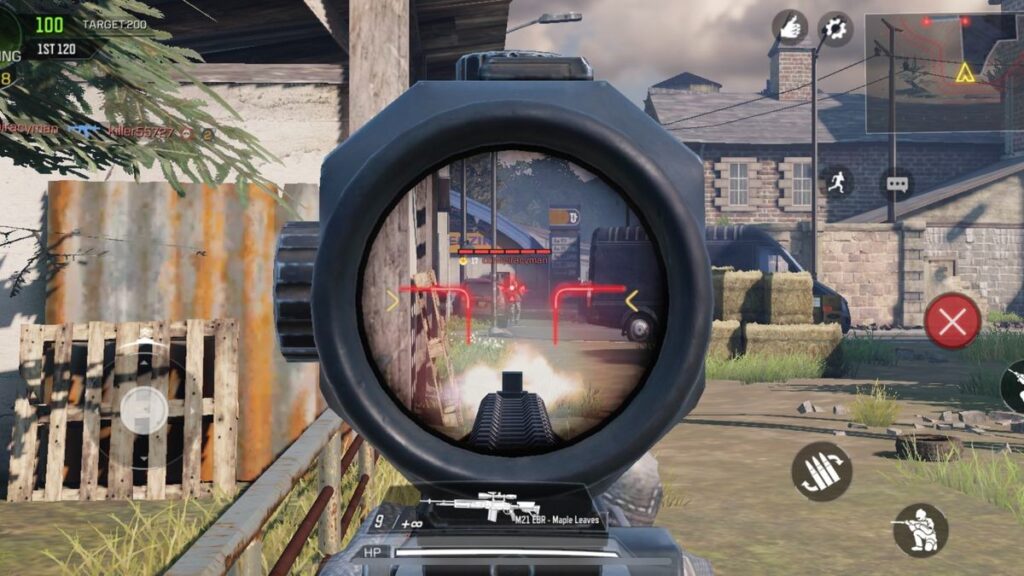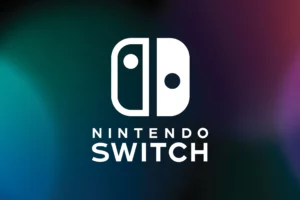The release of Call of Duty: Modern Warfare 3 this November was supposed to represent the climax of the famed first-person shooter series. As the third entry in the Modern Warfare storyline, it was primed to break sales records across the globe.
However, the figures emerging from the UK, one of Call of Duty’s most lucrative markets, tell a surprisingly lackluster story.
According to sales figures from ChartTrack, Modern Warfare 3 sold 2.7 million copies during its first week in the UK. This represents a nearly 15% decline from the 3.1 million copies Call of Duty: Black Ops sold during the comparable time frame. It also demonstrates a 16% drop from Call of Duty: Modern Warfare 2’s first-week haul of 3.2 million copies.
At first glance, selling 2.7 million copies in a single week still seems wildly impressive. But in the blockbuster-driven world of game publishing, growth is king. Anything smelling of stagnation or decline can be catastrophic, as it signals a weakening interest amongst that core fanbase desperately sought after by publishers.
So what explains Modern Warfare 3’s slippage? And does this represent a long-term shift for the Call of Duty franchise? By analyzing recent industry trends alongside decisions made by Activision, Modern Warfare 3’s publisher, we can glimpse deeper insights into the softening of Call of Duty’s once-indomitable fanbase.
The Rise of Free-to-Play Shooters
Over the past several years, free-to-play shooters have absolutely exploded onto the scene. Buoyed by the record-shattering success of games like Fortnite and Apex Legends, game developers are aggressively expanding the free-to-play model into new genres and player demographics.
Accessibility remains the greatest advantage of free-to-play games. By eliminating financial barriers to entry, publishers can swiftly build massive player bases numbering in the tens of millions. These communities may not convert into immediate revenue. But by monetizing them through long-term battle passes and cosmetic items, publishers often generate far greater profits over time compared to pay-to-play titles.
Consider Fortnite, which boasts north of 250 million registered players. Despite being free to play, it hauled in an astonishing $5.1 billion in revenue in 2020.
The keytakeaway? In an era where free-to-play titles thrive, asking players to fork over $60 for the latest Call of Duty is an increasingly tougher sell.
The First-Person Shooter Bubble
Even as free-to-play shooters conquered the gaming landscape, the premium first-person shooter genre rapidly expanded. Buoyed by the success of Call of Duty and hungry to create their own multiplayer cash cows, nearly every major publisher began releasing annualized shooter franchises.
Titles like Battlefield, Medal of Honor, Rainbow Six, Far Cry, and Ghost Recon flooded the market backed by aggressive marketing campaigns and a mandate to produce the next water cooler game. This led to a greater homogenization amongst first-person shooters as developers endlessly copied elements, mechanics, and systems from genre leaders like Call of Duty.
For consumers, this expansive buffet of quality shooters increased choice. But it also made standing out a serious challenge. After over a decade of annual releases, the Call of Duty formula grew stale in the eyes of some fans. So they happily jumped to fresher games that delivered similar core experiences.
The result is a hyper-competitive genre where titles fiercely fight over the same demographic of players. In this environment, even slight disruptions can cause drastic shifts in player bases and sales figures.
Which brings us back to the recent decline of Call of Duty…
Shortsighted Greed Damages Call of Duty’s Future
In discussions around Call of Duty’s softening sales, one particularly unpopular decision continues to crop up amongst players and pundits: the increased focus on microtransactions.
Microtransactions represent virtual items sold for real money within video games. Unlike traditional downloadable content (DLC) packs that deliver new multiplayer maps or story campaigns, microtransaction items rarely impact core gameplay. These include cosmetic weapon skins, experience point boosts, tier skips for battle passes, and loot boxes that award randomized prizes.
Microtransactions provide the potential for vastly outsized revenues compared to one-time DLC purchases. Activision quickly realized Call of Duty possessed the massive, dedicated fanbase primed for this new monetization model.
Beginning with Call of Duty: Black Ops 4 in 2018, Activision shifted development resources away from single-player campaigns towards a more aggressive embrace of microtransactions. They plucked ideas from free-to-play shooters, stuffing multiplayer suites with tiered battle passes, cosmetic bundles costing upwards of $20, and loot boxes called “supply drops” encouraging players to repeatedly pull the virtual slot machine.
This laser focus on monetization over delivering complete, polished products eroded trust amongst longtime fans. Rather than reward Activision through continued purchases as intended, many instead washed their hands of the franchise altogether.
This shortsighted strategy prioritizing microtransaction revenues over fan satisfaction appears directly tied to Call of Duty’s sudden sales stagnation. By taking players for granted, Activision lost sight of what made past entries so special, popular, and most importantly, financially successful.
The Maturing of Call of Duty’s Core Demographic
The final factor impacting Call of Duty is the steady aging of its once youthful player base. Debuting in 2003, Call of Duty revolutionized multiplayer first-person shooters through faster action, quicker deaths, and its signature leveling system awarding new gear and abilities. These elements made it wildly popular amongst teenage boys craving frenetic, visceral virtual combat filled with epic moments to share with friends.
Nearly 20 years later, many original players still religiously purchase annual Call of Duty releases as a tradition tied directly to their personal identity and connection with friends. But the percentage of younger players buying each new release slowly declines over time.
As newer generations flock to the latest free-to-play phenomenon, Call of Duty risks becoming compartmentalized as an aging “Boomer shooter” unable to resonate with Generation Z. Much like World of Warcraft or Runescape, Call of Duty’s population pyramid skews heavier towards veteran players unwilling to leave a game that defined their adolescence.
Without a steady influx of younger new players inheriting the torch, Call of Duty’s financial future looks considerably more tenuous. Even dependable older fans will eventually age out. When they do, what replaces them?
Adapt or Die: The Future of Call of Duty
Call of Duty sits at a precipice. It can either continue doubling down on exploiting existing fans through aggressive monetization schemes. Or it can truly reassess what today’s players want and deliver an experience worthy of its illustrious name.
Should Activision adopt the former strategy focused exclusively on revenues, sales will continue slowly declining year-over-year as embittered fans leave faster than new players join. Microtransactions could offset these losses for a time. But as the player base shrinks it will grow increasingly difficult to mask the franchise’s lack of popularity and cultural relevance.
The alternate approach requires Activision to make serious investments in revitalizing the soul of Call of Duty.
This begins with repairing fractured trust by scaling back manipulative microtransaction practices baked into every gameplay system. Cosmetic-only approaches would be an excellent start.
Next comes delivering a polished, complete multiplayer experience right from launch, eschewing the games-as-service approach relying on long-term monetization over quality initial offerings.
Finally, Activision must sell the next Call of Duty first and foremost as a modern multiplayer shooter. Terms like “gritty” and “boots on the ground” appeal more to established fans. But when competing with rainbow-colored battle royales played by popular streamers, such language reads as outdated.
Call of Duty must speak to new generations in their language through elements like free access, integration with streaming platforms, and vastly expanded customization.
Will Activision push Call of Duty in these brave new directions? Or will they remain fixated on short-term profits even if it means slowly crushing the viability of their golden goose? We’ll find out this October when Call of Duty’s 2023 release arrives.
One thing is certain: the gaming landscape constantly evolves, and even juggernauts as massive as Call of Duty must eventually adapt or die in the face of changing consumer tastes. Just ask Guitar Hero.
I aimed to provide background and analysis around the various factors impacting Call of Duty’s sales declines in an engaging, conversational tone suited for a blog post. Please let me know if you would like me to modify or expand the piece in any way!

















Add Comment